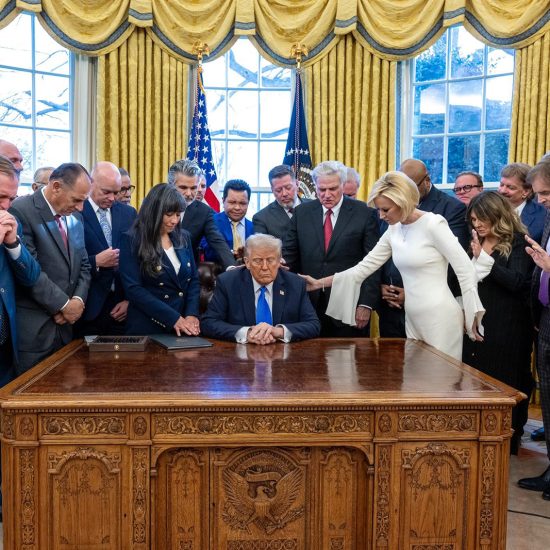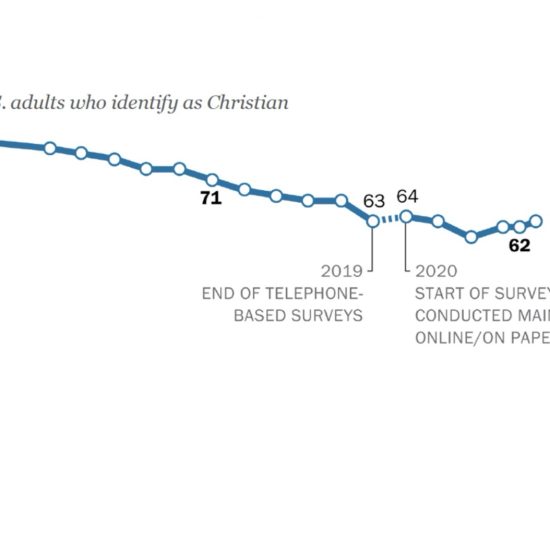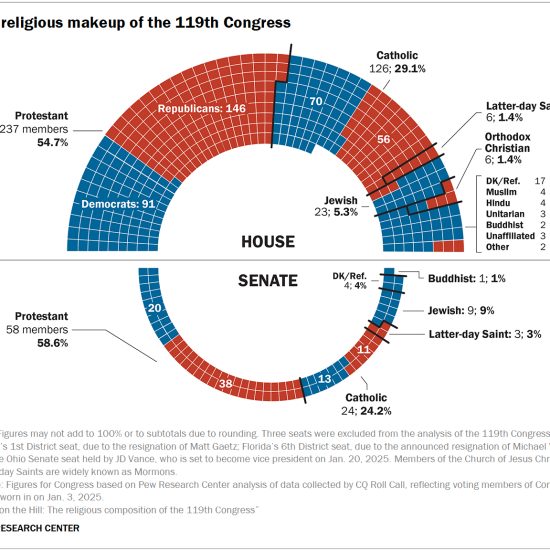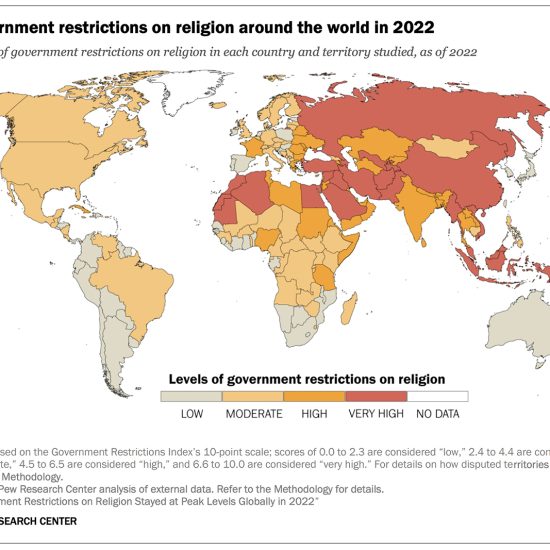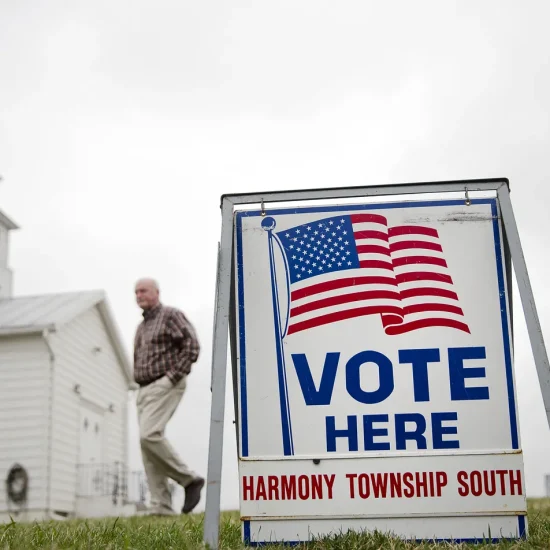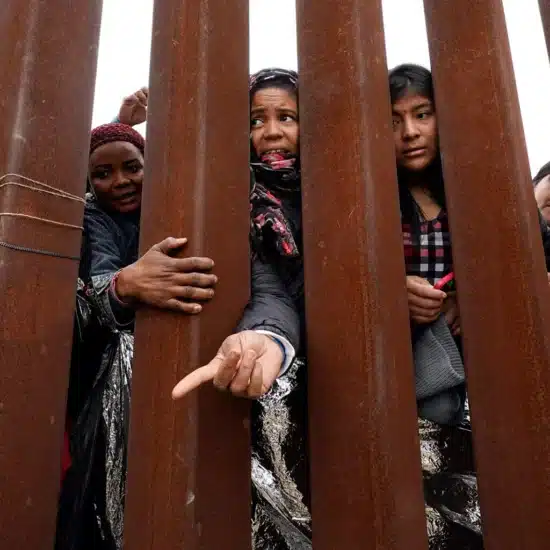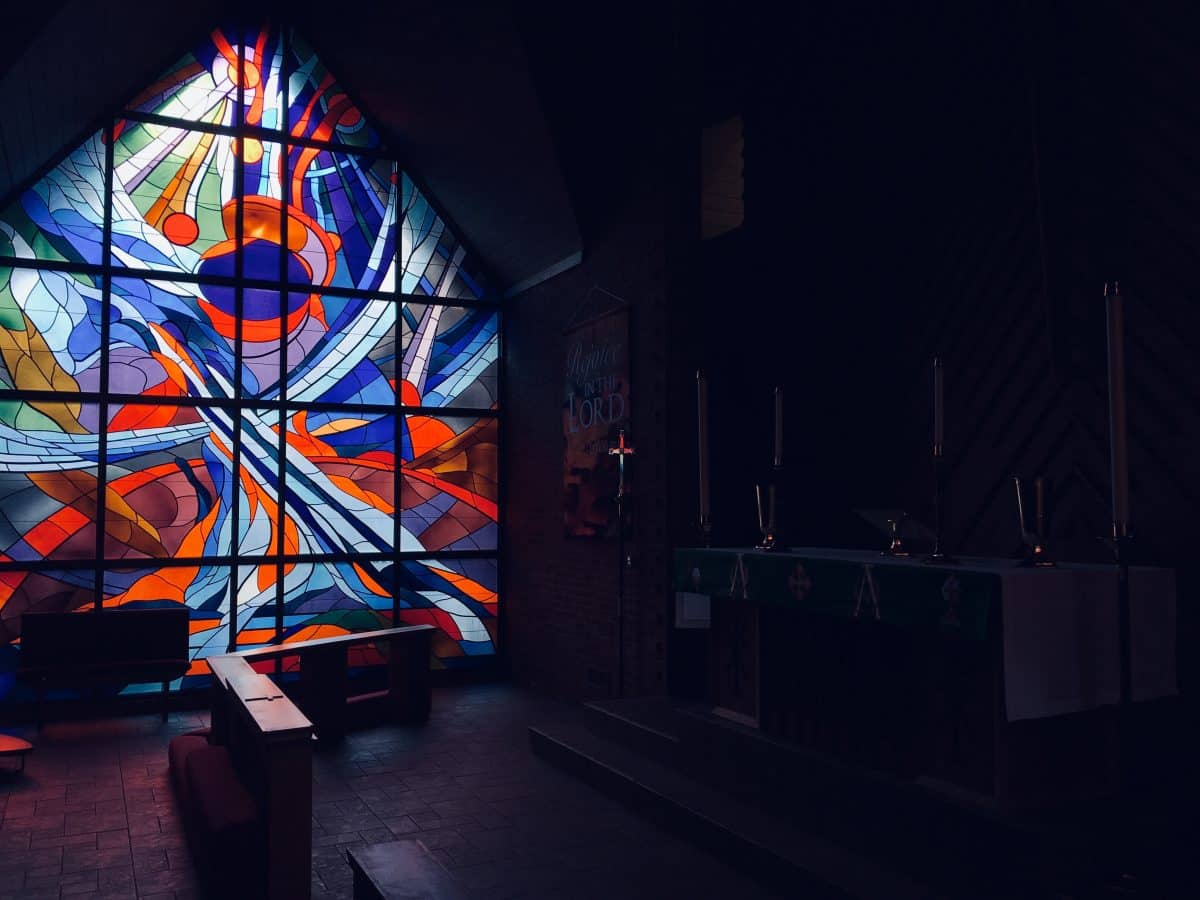
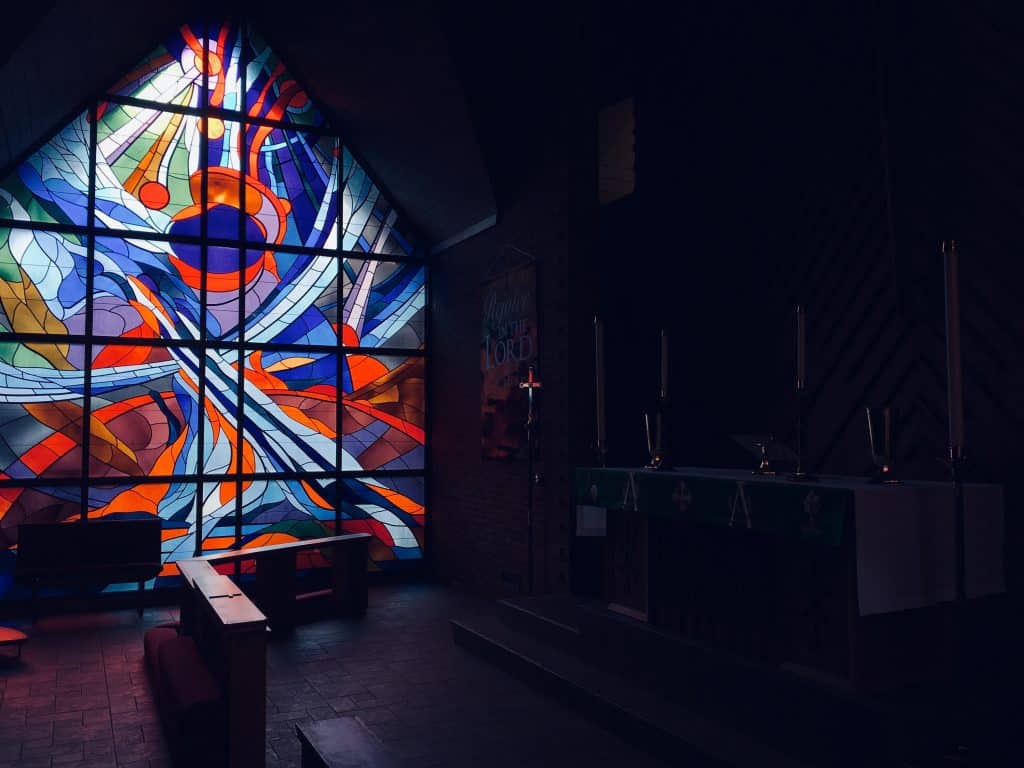
Photo by Joshua Eckstein on Unsplash
U.S. adults have a negative view when it comes to the ethics of leaders of key institutions, and clergy are no exception, according to a Pew Research Center report published Sept. 19.
When asked to share how often they perceive a particular group of leaders to act unethically, 69% said clergy do so some of the time or all or most of the time.
Most of these respondents said “some of the time” (59%), while the remaining 10% said “all or most of the time.”
By comparison, 25% said clergy act unethically “only a little of the time” and 4% “none of the time.”
Only members of Congress (81% of respondents said they act unethically some of the time or all or most of the time) and technology company leaders (77%) received more negative responses.
None of the institutions surveyed had a majority of respondents say their leaders acted unethically none or only a little.
Journalists and local elected officials were perceived slightly more positively than clergy, with 66% of respondents saying both groups acted unethically some of the time or all or most of the time.
Police officers (61%), K-12 public school principals (52%) and military leaders (50%) received the lowest number of negative views regarding their ethics.
When asked about institutional leaders facing consequences for unethical behavior, 53% said religious leaders are held accountable “none of the time” or “only a little of the time.”
This tied clergy with journalists, while technology company leaders (58%) and members of Congress (71%) were seen as the most unlikely groups to face consequences.
Clergy received middling reviews when respondents were asked about institutional leaders caring for others or “people like me,” with 25% saying religious leaders do so “all or most” of the time and 45% saying “some” of the time.
Clergy ranked fourth of the eight professions surveyed, behind K-12 principals, police officers and military leaders.
The full report is available here. The topline results are available here.
This article originally appeared on EthicsDaily.com.

